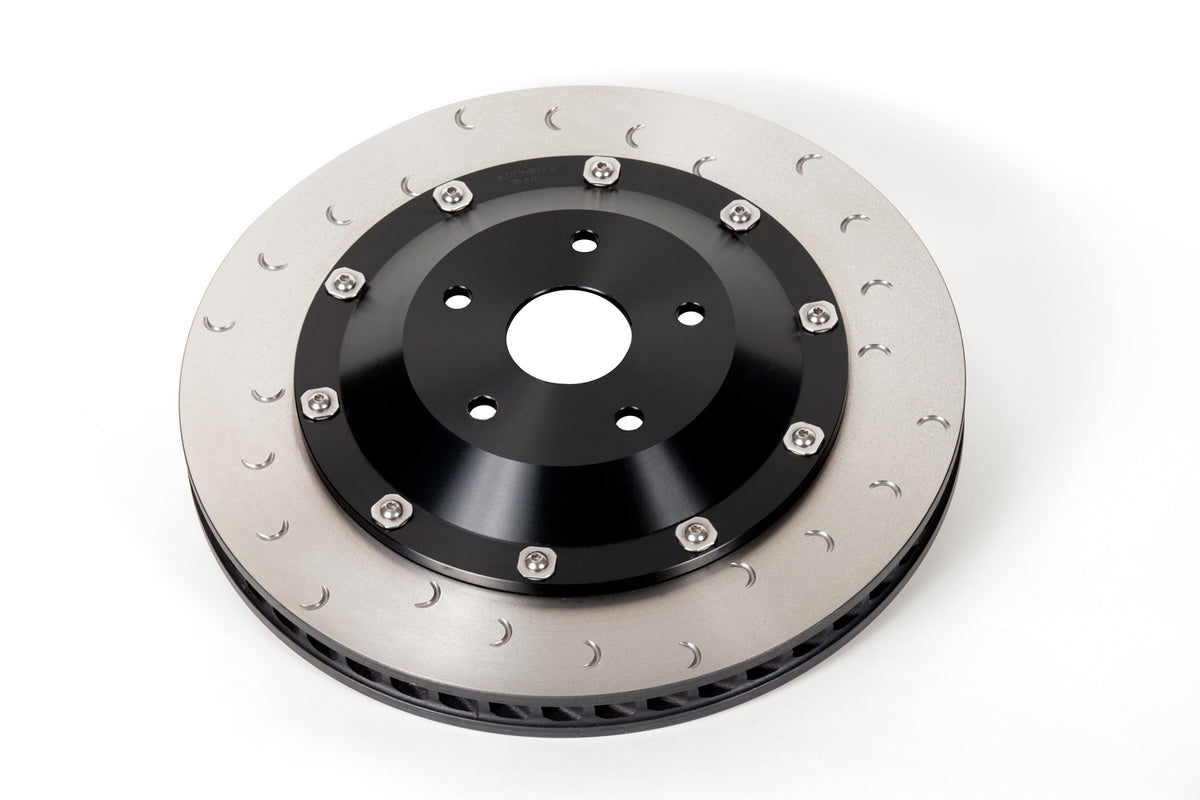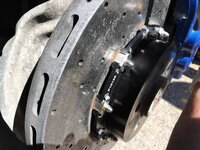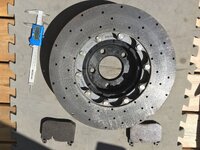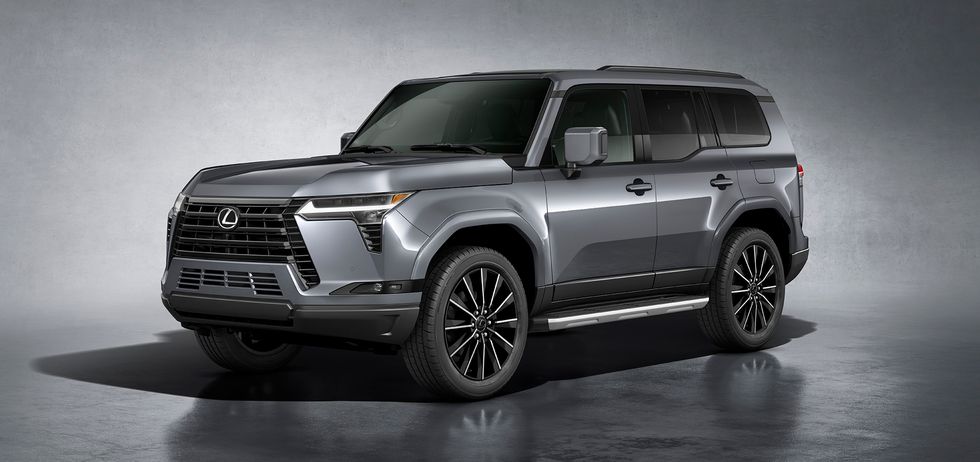Hi everyone, if you haven't already, I would suggest opening a case with the Toyota Brand Engagement contact form? It only took me a few minutes and I also attached a video recording of the screeching.Mine will squeal occasionally breaking in D, not just R. Toyota can we get this recalled?
Contact Us | Contact Toyota (scroll to the bottom of the page)
I opened a case last week and my case manager contacted me this morning for additional details. She made it sound like the more cases that are opened for this, the higher chance of it being addressed sooner.
I had it to the dealer already, but they failed to reproduce the problem (strange since it happens to me almost every morning).





